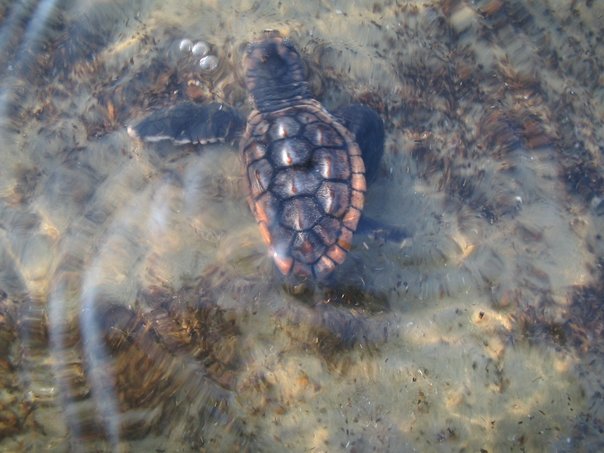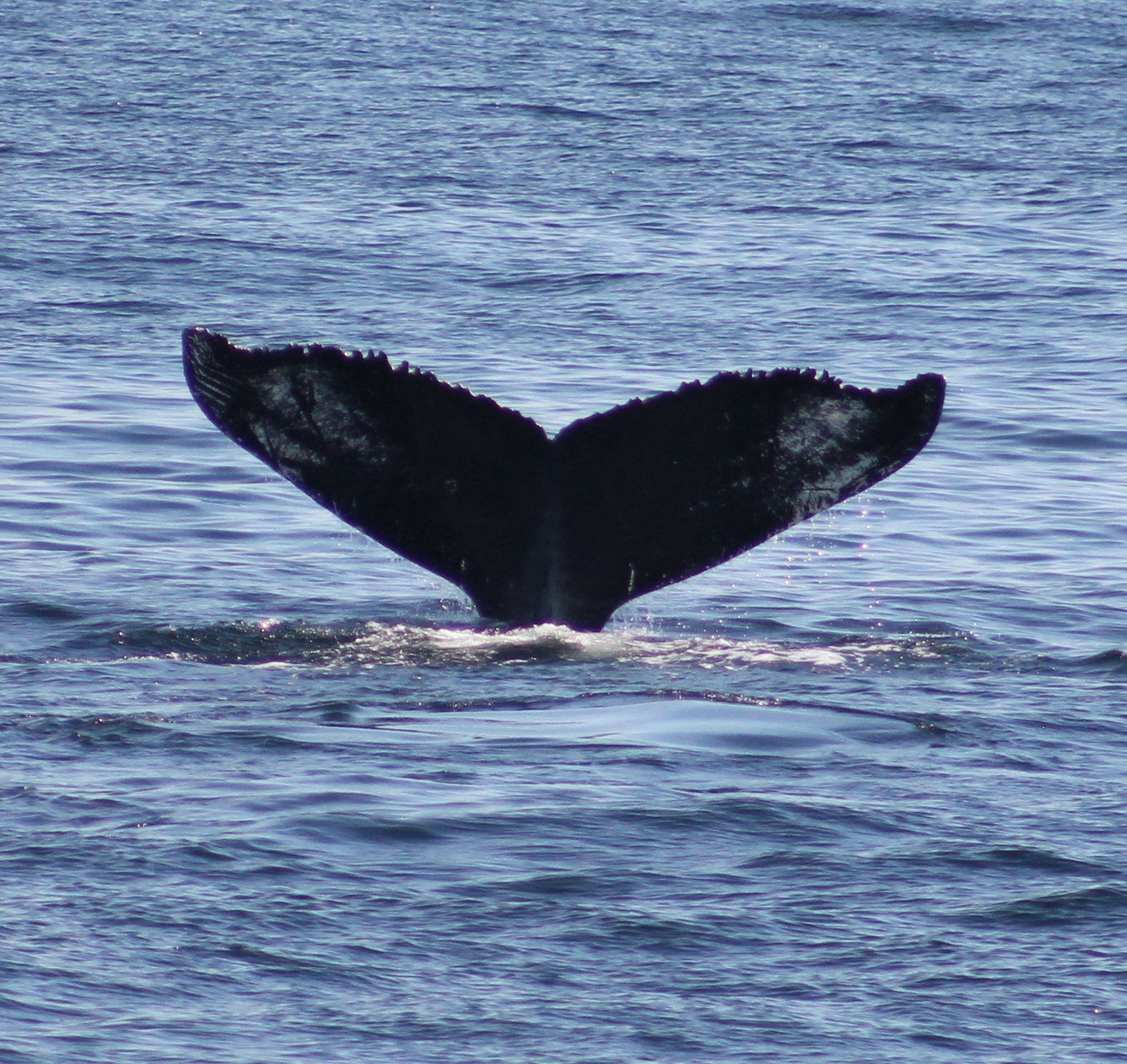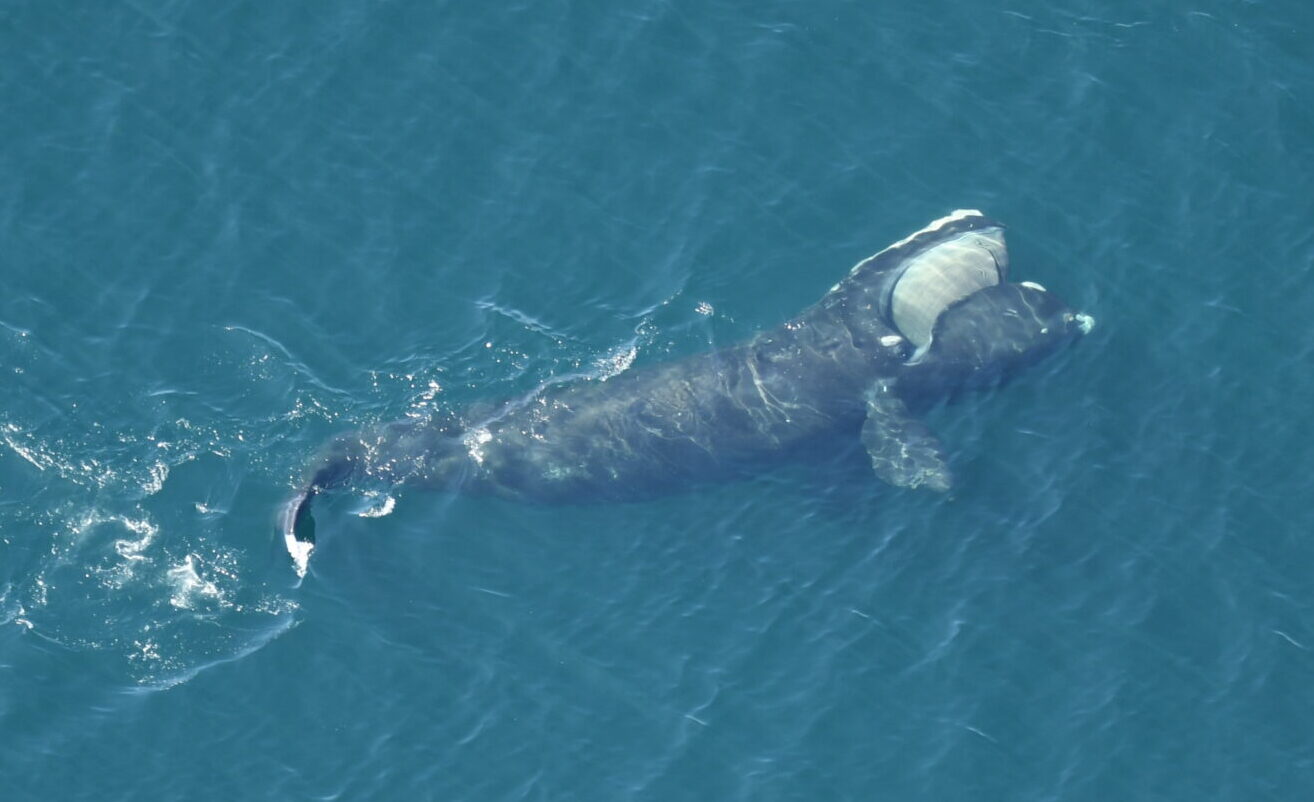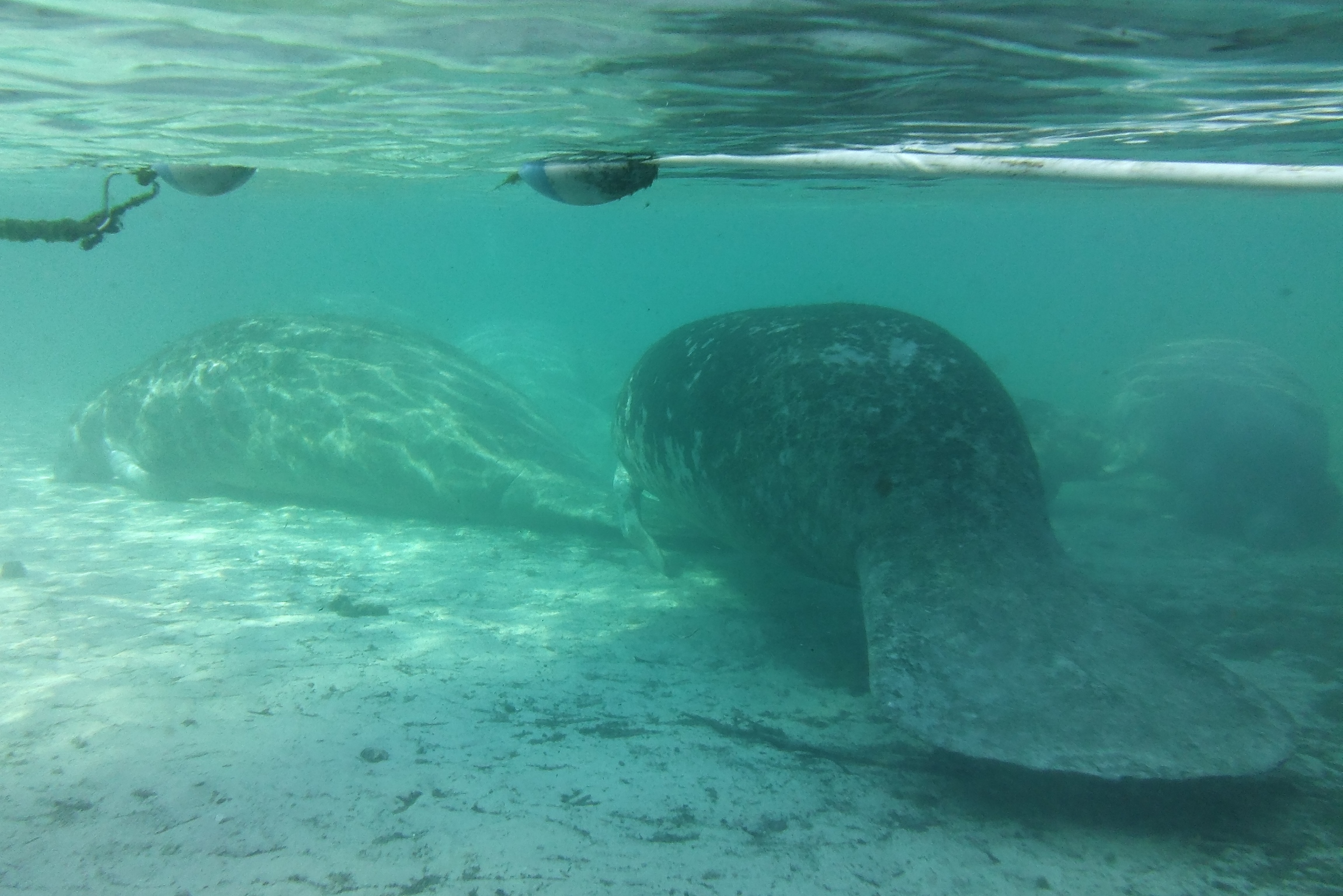Marine Protected Species Consulting
MPSC furthers conservation of protected species through sound research, mitigation, monitoring, and training. MPSC offers Protected Species Observer (PSO) training that is approved by the federal agencies Bureau of Ocean and Energy Management and Bureau of Safety and Environmental Enforcement in coordination with National Marine Fisheries Service to provide PSO certification. Our PSO training is given by Angela Bostwick, a BOEM/BSEE/NMFS-approved instructor for the course.
Protected Species Observers (PSOs), also known as Marine Mammal Observers (MMOs), monitor for marine mammals, sea turtles, and protected fish. PSOs complete certain reports required by federal agencies such as NMFS, BOEM, and BSEE on protected species activity and industry operations such as seismic survey exploration for oil and gas, site characterization studies for renewable energy, academic research, and other geological and geophysical surveys. PSOs also advise regarding protected species in the “exclusion zone,” and on the measures required to reduce impacts to the animals. Work as a PSO is a great way to see a wide variety of marine life, such as whales, dolphins, sea turtles, and fish, and the sunrises/sunsets are nothing short of spectacular on the broad, open horizon offshore.

Protected Species Observer Training Course
To work as a PSO on geological and geophysical operations such as seismic surveys, site characterization, or construction at sea, you must take PSO training which meets the standards set forth in federal regulations. We provide this approved PSO training, and upon successful completion of this course, students will receive their PSO certification to monitor for geological and geophysical operations in the Gulf of Mexico. While the monitoring, mitigation, and reporting measures discussed are specific to the Gulf of Mexico, the regulatory framework that students will learn about in this course is the same framework which permits operations offshore country-wide, and the animals discussed are largely the same in similar latitudes and within the Atlantic Ocean. Our PSO certification is an established and recognized standard that is often accepted in other parts of the country (Atlantic, etc.) or world to qualify an individual to work as a PSO.
PSO Training
Attendees of this course have gained approval to work in various settings such as geological and geophysical/seismic surveys (including site characterization for renewable/wind energy in the Atlantic), scientific research surveys, dredging, pile driving, construction, or other work requiring monitoring for protected species. The methods for locating and identifying animals discussed in the training are valuable tools for wildlife observers worldwide, and the live discussions with experienced PSOs and PAM Operators include tips and tricks of the trade in living and working offshore.

Our Next Online PSO Training Course is Taking Place on April 26-27, 2025!
The PSO Training course discussion on life at sea and protected species field work includes advice from experienced observers on how to pack, live, and work in various settings. This live discussion with experienced PSOs offers the opportunity to hear from those knowledgeable in the field about what it’s really like to live and work as a protected species observer. These skills can be applied to a wide range of operations in settings such as vessels, platforms, or even certain shore-based work, such as pile driving or scientific research conducting protected species observations. To register interest for the course, please use the button below. For questions about upcoming courses or inquiries regarding a private online training course, please contact Angela at abostwick@psocertifications.com or (832) 523-2402.

PSO TRAINING COURSE AGENDA
In this this two-day PSO Certification Course, students learn the measures that are required to reduce impacts to protected species during geological & geophysical surveys on the first day of class. The second day will cover animal identification, followed by exams on animal identification and on the regulations discussed in class, however, the examinations may be taken on the following day. The following materials are supplied and included in the nonrefundable course fee for PSO Training.
• Various regulatory documents
• Large whale identification charts showing blows, surface profiles, and flukes
• Sea turtle reference chart showing head shape, scute numbers, etc.
• Career guidance on applying for PSO positions
Attendees to PSO Training should also obtain suitable marine mammal and sea turtle reference guides. The following guides are recommended.
• Whales, Dolphins, and Other Marine Mammals of the World
• Sea Turtles of the Atlantic & Gulf of Mexico, a Folding Guide by B. & D. Witherington
Our PSO Certification can help provide qualification to monitor for endangered species in regions around the world, while some may wish to take this course to enhance their protected species identification skills, add a qualification to their skill set, or explore interest in the field.
PSO Certification Course Instructor
Angela Bostwick has been working in marine science and conservation for over two decades. Angela has years of experience monitoring for marine mammals and sea turtles, advising on the mitigation measures required, implementing interagency coordination, and collecting and reporting data. With a Master of Science in Wildlife & Fisheries Sciences, she has a strong foundation in marine science to enhance training, monitoring, and mitigation services. Science initiatives have included collaborative aerial and vessel surveys for endangered right whales. Angela has drafted numerous protected species monitoring plans for industry and research activities, monitored compliance, submitted required reports to regulatory agencies, and trained and supervised PSOs in the Gulf of Mexico, Atlantic Ocean, Pacific Ocean, in the Beaufort and Chukchi Seas, and in various international locations. This experience gives her an invaluable insight into compliance issues operations may face, adding great value to the certification course and ensuring PSOs are ready to effectively monitor, advise, and complete the required reports on protected species activity and operations.

What is Life Like as a PSO?
Working offshore is quite an adventure! You may see breaching whales, “water spout” tornadoes, and sunset/rises unlike any other. Getting out onto the sea, you will learn more than you could from any marine mammal or sea turtle textbook because you will be one of the lucky few to see the animals firsthand in their natural environment. PSO work also involves self-discipline and patience. PSOs are away from home for long periods of time, and must be able to stand watch in various indoor and outdoor settings with minimal supervision.

Other Potential Requirements for Work as a PSO
After the PSO Training course, we supply a list of PSO providers that you may wish to contact for work. Prior to beginning work, PSOs may also need to hold a degree in the natural sciences which included 30 semester hours in the biological sciences, and a course in math or statistics. This is, however, not a requirement to take this course, and the degree required by some operations may be waived, depending on experience. Current students or others seeking to learn more about identifying protected species, work offshore, and life as a PSO may wish to take this course to add a professional credential to their skill set, while learning more about monitoring for animals at sea, the key physical traits and behaviors for each species, regulatory framework, and reporting requirements. You may also need the following prior to beginning work, but this will depend on project-specific requirements: OPITO-approved Basic Offshore Safety Induction and Emergency Training (BOSIET; should include HUET), an offshore medical accepted by the client – often OGUK or Norwegian medical, recent negative drug test, TWIC Card, and safety apparel such as a hard hat, safety glasses, steel-toed boots, and work gloves,
Our Next Online PSO Certification Course Will Take Place on April 26-27, 2025
Phone :
Email :
abostwick@psocertifications.com
Address :
2261 Northpark Drive #147, Kingwood, TX USA 77339